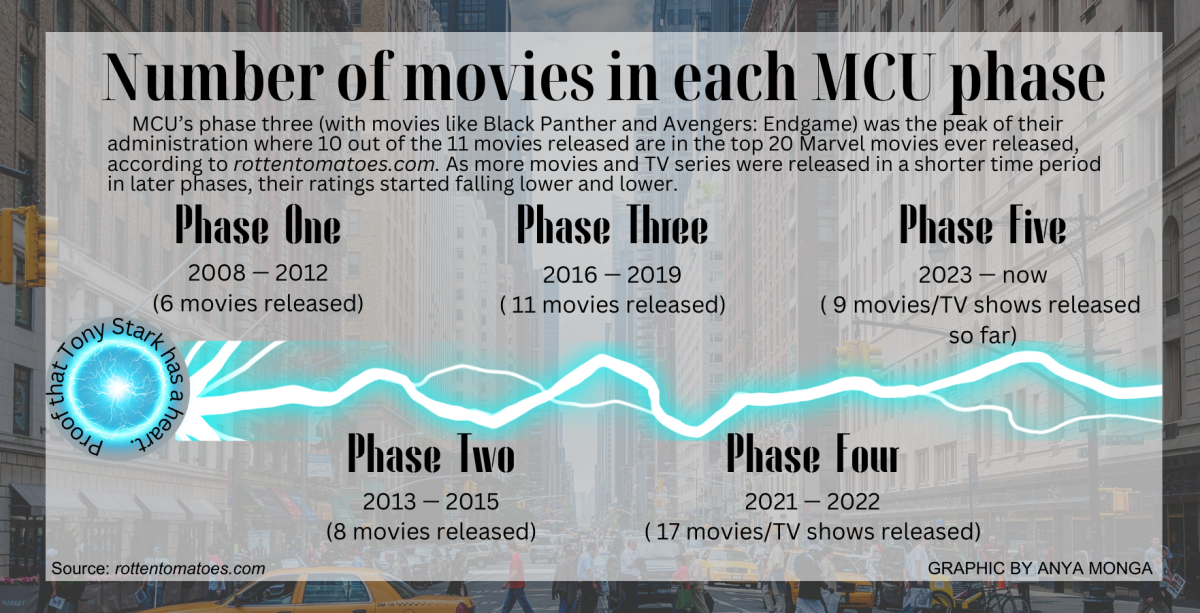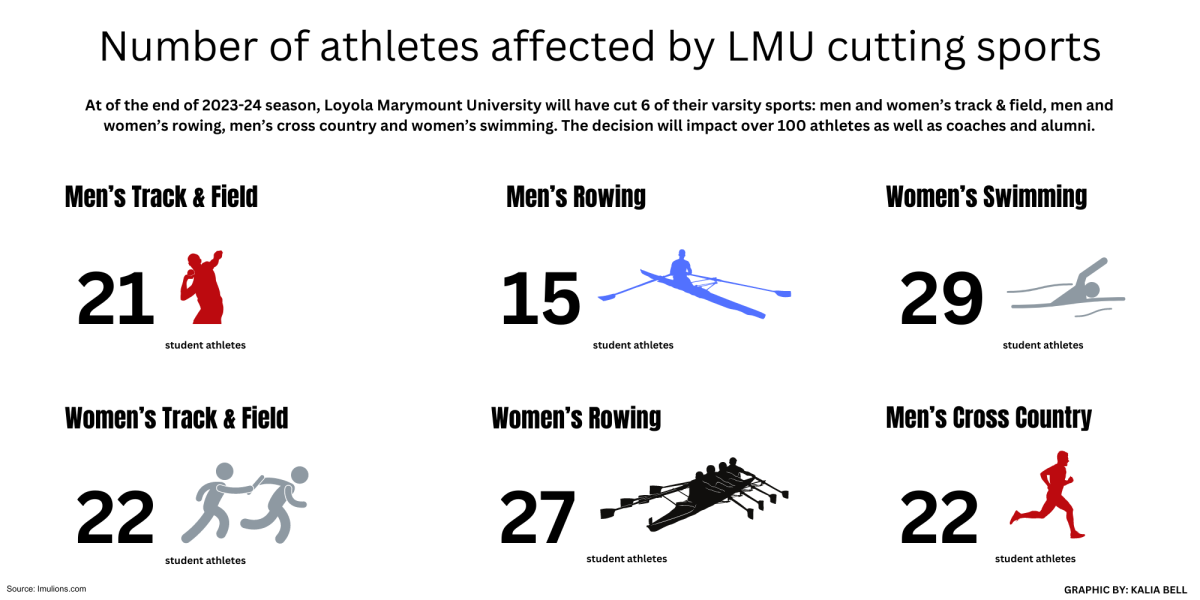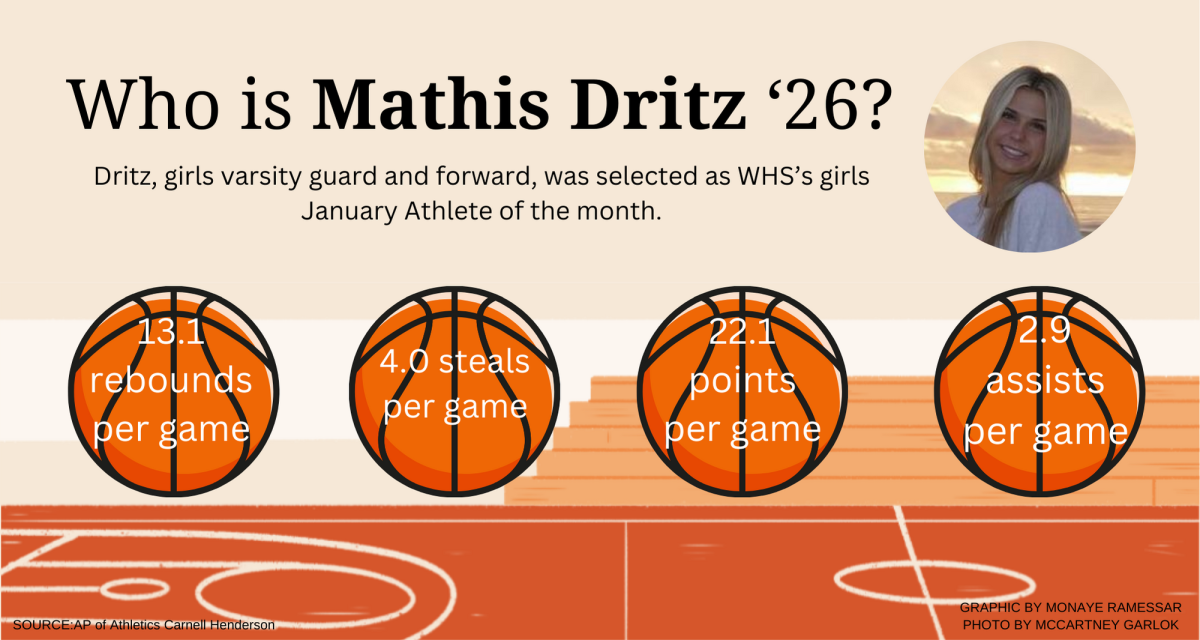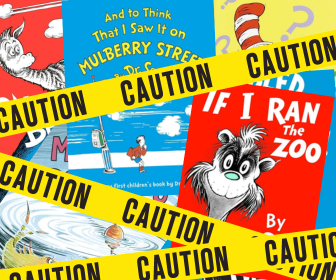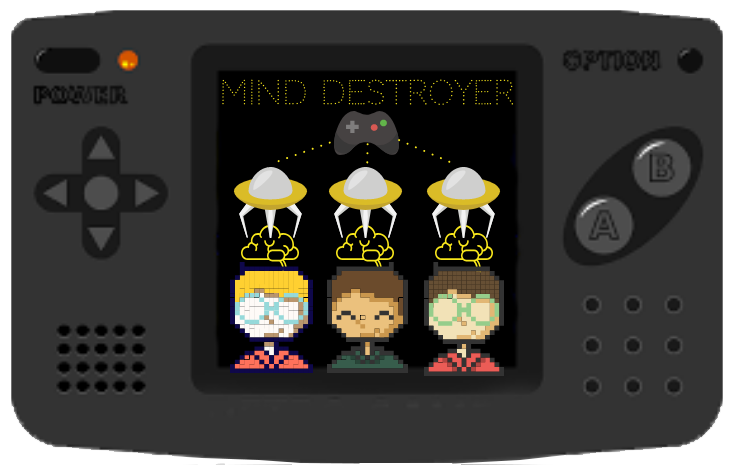Lil Choi Boi threw the lamp across his room. He just lost another game of League of Legends. He lives and breathes League of Legends.
His addiction to gaming is similar to many people across the world. The addiction to games slowly infects millions, corrupting and creating mindless robots living in a delusional, virtual world of dungeons and dragons or birds fighting piglets.
Eat. Sleep. Game. Repeat.
Playing games has become a vital part of many daily routines. A certain portion of someone’s day becomes dedicated to these pointless games.
So why do people continue to waste their time on games? Why is it so hard for someone to just stop and put the game away?
The answers lie in many psychological components which get players addicted to.
One element is compulsion loops, which are a chain of actions or events to gain some kind of reward or accomplishment. In the brain, this results in the production of neurochemical rewards, such as dopamine. This then becomes a message to the brain, basically saying, “this activity is good and you should do it again.”
In a game, winning is an incentive to keep playing. When faced with a challenge, the mind perceives this to be another obstacle that the player must overcome, thus inciting playing and trying harder to achieve this goal. Eventually, this leads gamers to continue playing the game, without the possibility of quitting. This idea is known as the Goldilocks Challenge.
Games can also be used as a route of running away. This so called escapism, one can temporarily escape reality in order to bury his/her head in the ground.
“Escapism is therapeutic and this discourse states that escapism is needed to de-stress or canalize behavior,” according to a study from the Delft University of Technology. “People experience things that they want to find relief for. Or they do not want to cause trouble for fantasies that they might have. Therefore, people ‘escape’ by means of escapist activities. Games provide excellent means for such an activity according to this discourse, because they enable players to do anything they want in a safe environment.”
Despite all these negative outcomes of playing games, it is not all that bad. Playing certain games can help with memory skills or hand-eye coordination as well as some spatial skills. The human mind can get a real workout while the game promotes instructional skills, logic and problem solving.
Certain types of games pertain to different sets of skills that can be developed overtime. Mark Griffiths, Director of the International Gaming Research Unit, claims, “There is now a wealth of research which shows that video games can be put to educational and therapeutic uses, as well as many studies which reveal how playing video games can improve reaction times and hand-eye coordination.”
The negative impacts of games, specifically addiction, entirely outweigh the benefits that can be gained. Playing games is just one path to attain certain skills, let alone the hundreds of other possibilities that can help with these same skills.
Overall, games mimic corrupt viruses integrating their way into the human mind. Gaming companies are rapidly growing their army of mindless minions in hope for world dominance in their field of business. The purpose of having fun turns into fatal addiction straining the brains of all players.








